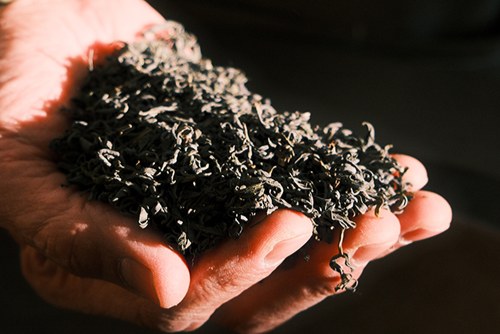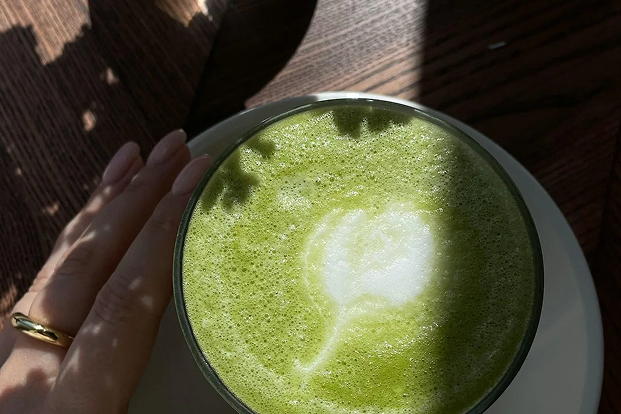Tea & Your Health
The Benefits

Caffeine in Tea
Tea contains far less caffeine than coffee or energy drinks. Tea also naturally contains high amounts of EGCG (a powerful antioxidant found most abundantly in tea than in any other natural source) and l-theanine (an amino acid with potent neuro-protective effects on the brain). EGCG and l-theanine can easily pass through the blood-brain barrier, and can improve brain function while also reducing the negative effects of stress and anxiety. These components balance the awakening effects of caffeine to produce a calm focus that gradually tapers off, as opposed to the common effects of caffeine alone: anxiety followed by a sudden crash. The important thing to note is that these components are naturally formed to exist together in the tea leaf. And many studies suggest a synergistic reaction in which they enhance each other’s beneficial effects on mental—and overall—health. Learn more about the caffeine and other components in tea here.
The Bottom Line
By now it is well-known that tea is good for you. But, not all teas are the same. It is important to check the source and quality of the tea you choose. Because tea is highly absorbent of its surrounding elements, purity and a complete absence of pesticides and chemicals are critical. It is also important to consume enough tea on a daily basis in order to properly reap its benefits. Various studies have shown that somewhere between three and ten cups of tea should be consumed per day in order to experience its effects. See our suggestions on how to make increased daily intake of tea approachable and easier than you may have thought.



